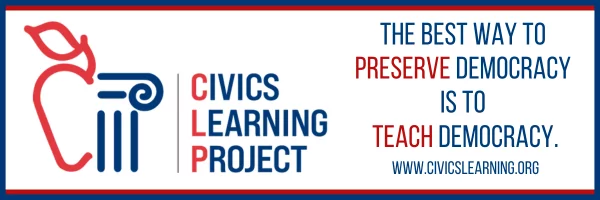What is Street Law?
Street Law is a program in which law students teach in high school classrooms. The program began at Georgetown University Law Center over 35 years ago. It has grown and evolved into various programs all over the country. In the Portland Metro area, the program is run through Lewis & Clark Law School. Law students are enrolled in a semester-long seminar and teach in an area high school during that semester.
Law students are placed in a wide variety of classrooms including, but not limited to, Government, History, Sociology, Economics, Psychology, and Law electives. Students teach practical law lessons using interactive methodology.
How are law students placed in classrooms?
The biggest factor considered when placing students is their schedules. We also consider where they live and transportation options. They may request a school or a subject area, but those requests are not guaranteed to be filled. Likewise, if you have a request for a particular student, we will consider that request.
How often do the law students teach?
Law students teach over a 10-11 week period. They will teach once per week if your class is 75-90 minutes or more [i.e., block scheduled]. If your class is 50-60 minutes, they will teach twice per week.
Why do law students want to teach in high school classrooms?
Teaching in a high school classroom has many benefits for a law student. They will improve their communication skills, learn to think on their feet, learn to “translate” the law for laypersons, and gain confidence in leading a group. Many of the participants also have a general interest in working with young people or have prior experience they’d like to continue.
What kind of supervision do the law students receive?
Law students are supervised by Chris Parrucci, Sr. Program Manager at Civics Learning Project and Adjunct Professor at Lewis & Clark Law School. The law students attend a weekly seminar in which they learn interactive teaching methodologies and pertinent law topics. The law students will be observed at least once and preferably twice each semester. Students also hone their reflective practice by completing journal entries after each class they teach. These journal entries are read weekly and incorporated into the seminars.
The law students are not student teachers, but will be learning teaching skills, specific engagement strategies, and pedagogy that will help them to communicate in their law careers. As you know, this is difficult and we are their support system throughout the semester.
What types of lessons will the law student teach?
Each law student will do their best to seamlessly integrate their lessons into the overall structure of their placement teacher’s course. With that said, the law students will experience a sequence of lessons in their seminars that end in a mock trial or moot court, which are designed to be turn-keyed in their own instructional setting. The law students typically start with Introduction to Law lessons. These lessons are intended to introduce basic “legal thinking” through interactive methodology. The lessons will progress in rigor and complexity over the course of the semester. These later lessons include content such as questioning, direct and cross examination, building a theory of case, evidence analysis and advocacy skills . The law students participate in demo lessons in their weekly seminar which stays about 2 weeks ahead of where the law students are in their high school classrooms.
If you have a particular subject matter you’d like covered, please let your law student know. They will learn many different methods/strategies that cater to all kinds of subject matter. Additionally, if you’d like a law student to align lessons with your syllabus, let them know! They are often looking for guidance and will welcome the input.
What are my responsibilities as a classroom teacher?
You are required to be present in the classroom while the law student teaches. Otherwise, we ask that you give them the freedom to run the class. Please feel free to give them feedback about their teaching or about the subject matter of their lessons. Many of the law students have little prior teaching experience and will take all the feedback they can get.
Also, please help the law student know when your school schedule changes and how to get updates for inclement weather. Law students will be given your email address; feel free to give them other contact information if you prefer.
Lastly, please let us know if you are having a problem with your law student (tardiness, not showing, inappropriate dress or language). You are welcome to address these issues directly, but we would like a heads up so we can manage it from our end as well.


